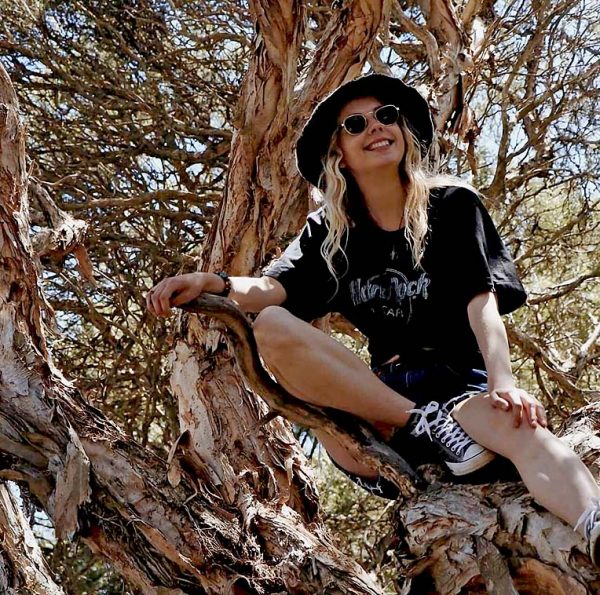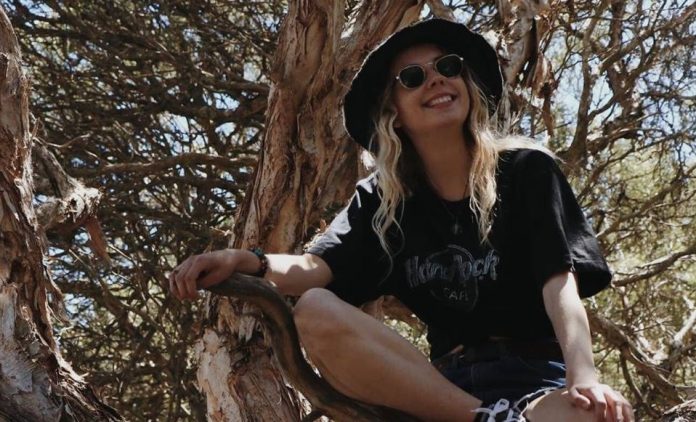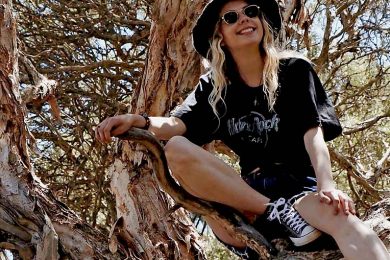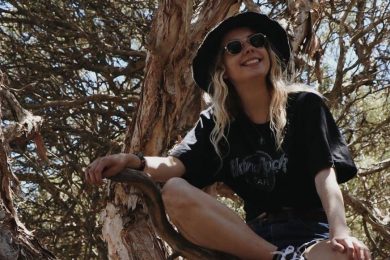
SNORKELLING through the unspoiled beauty of Palau’s pristine oceans and coral reef, Abbie Hay realised the future of the world’s marine conservation was “not all doom and gloom”.
The former Millicent resident visited the archipelago of limestone and volcanic islands, blanketed in emerald forest, as part of a short-term study program through the New Colombo Plan.
The initiative aims to lift knowledge of the Indo Pacific in Australia by supporting undergraduates to study in the region.
Growing up in the South East, Abbie said she has always been an outdoors person and has held an appreciation for local natural areas including Beachport, Southend and the Canunda National Park.
Nowadays, she is a third-year student studying a Bachelor of Science, specialising in bio-diversity and conservation and is determined to raise awareness through education surrounding environmental issues and how far their repercussions can reach.
“Nature is where I feel best, which is where my passion for the environment stems from,” the 21 year old said.
“I began to learn about the current and future threats to our natural environment and how most of these threats are derived from human impacts.
“We are currently amid the Earth’s sixth mass extinction, which scientists mainly attribute to human overpopulation and over consumption of resources.
“With this knowledge I decided I wanted to dedicate my life and career to trying to overcome the increasing wave of challenges our natural environment is facing.
“I feel so lucky I have grown up in the South East where we have world class, pristine and biologically rich coastlines and natural areas right at our doorstep and I want to do what I can to make sure that future generations are able to experience nature like this too.”
While in Palau, Abbie was given the opportunity to not only explore the scenery, but also develop her experience in marine research and visit elementary schools to teach the importance of shark conservation to children through a program with the Micronesian Shark Foundation.
She said shark finning was a huge issue around the globe, particularly because of the important role the animal played in ocean ecosystems as apex predators.
“Without education on environmental issues, society does not become aware of these issues and how far the repercussion of them can reach,” she said.
“Children have a significant influence on their parents and wider family’s perceptions of the environment and play an important role in the future of conservation.”
Abbie said the people of Palau have deep respect for their land and ocean.
This became evident a decade ago when the country was listed as the world’s first shark sanctuary and banned all fishing of sharks in their exclusive economic
zone.
A year later they declared a marine mammal sanctuary and whales, dolphins and dugongs were included in the fishing ban and recently introduced a responsible tourism policy, which requires operators to completely switch from single use plastic products to reusable ones.
The policy will also ban sunscreens and beauty products, which contain chemicals that are detrimental to marine life.
Studying in Palau made Abbie realise the future of conservation is not all doom and gloom and there is hope for the environment if governments are willing to make these issues a priority.
“Sustainability is not something that will happen overnight, it is something that everybody needs to actively work towards,” she said.
“Focusing on the areas, which resonate with you most is the best way to start, meanwhile actively expanding your knowledge into areas you know less about so that you can continue to improve over time.”










